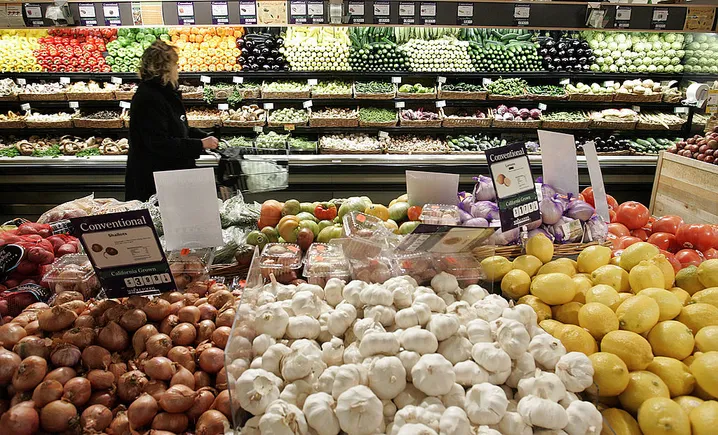
Having 15 years to study for a final exam sounds too good to be true. However, that’s how much time will have passed between the creation of the Food Traceability Rule, which was included in the Food Safety Modernization Act and signed into law in 2011, and when it will finally go into effect in January 2026.
Astonishingly, some food industry interests are pushing legislative proposals that could indefinitely delay the implementation of the traceability rule, which aims to strengthen the FDA’s ability to respond to foodborne illness outbreaks. Even more astonishing is that the FDA seems poised to support this congressional delay. If these proposals are passed, they would effectively put the convenience of companies above the safety of consumers. Those impacted the most by this delay tactic would be those most at risk of getting sick—the very young, the very old, pregnant, those with life-threatening allergies, and those with compromised immune systems.

Optional Caption
Permission granted by Brian Ronholm
One of the most efficient ways to combat a foodborne illness outbreak is ensuring that the contaminated food is quickly and accurately traced and removed from the marketplace. This is exactly what the Food Traceability Rule was designed to accomplish. The rule requires those who manufacture, process, pack or hold certain foods at high risk for transmitting foodborne illness to enhance food traceability record keeping and data sharing capabilities during an outbreak investigation. Given that the CDC estimates that each year roughly one in six Americans (or 48 million people) gets sick, 128,000 are hospitalized, and 3,000 die of foodborne diseases, a robust traceability system plays an important role in reducing these numbers.
Congress and the FDA need to work with consumers in demanding better protections from foodborne diseases. As someone who has dedicated my career to food safety and public health, I want to urge legislators and the FDA to reject attempts to roll back twenty years of bi-partisan work in support of this critical food safety tool.
Saving lives now should be motivation enough to implement the Food Traceability Rule. This imperative becomes even more urgent against the backdrop of numerous food recalls over the past several months that have claimed lives and sickened many. And last year, food recalls reached their highest level since before the pandemic.
And while the bar for compliance is high, many of the country’s largest players in the food space—Walmart and Kroger, to name a few—are already going beyond what’s required by the rule by requiring enhanced food traceability from all of their suppliers, not just those with products covered by the regulation. Exemptions under the rule do exist for small businesses, but already companies from family farms to the largest retailers are adopting new technologies and processes to improve supply chain traceability. They’ve made these changes as a matter of good corporate governance and consumer protection.
Greater transparency is the direction our system has been trending for decades. FSMA originally passed in 2011, and the specific requirements of the Food Traceability Rule were made clear in 2022. Companies taking the well being of their customers seriously started planning for greater transparency years ago. Those who are now pushing for further delays of the rule are simply delaying the inevitable while consumers pay the price. Procrastination shouldn’t be rewarded.
It is this impact on consumers that led my organization—Consumer Reports—along with the other members of the Safe Food Coalition to send a letter to leaders in Congress urging them to reject legislative proposals to delay the implementation of the Food Traceability Rule. We wanted to let them know that people are watching, and ready to hold businesses who put profit over people accountable. We hope that consumers across the country will join us in weighing in as well. Because as news continues to break on a semi-daily basis of new deadly and costly food recalls, it becomes increasingly clear that we have no time to waste.
